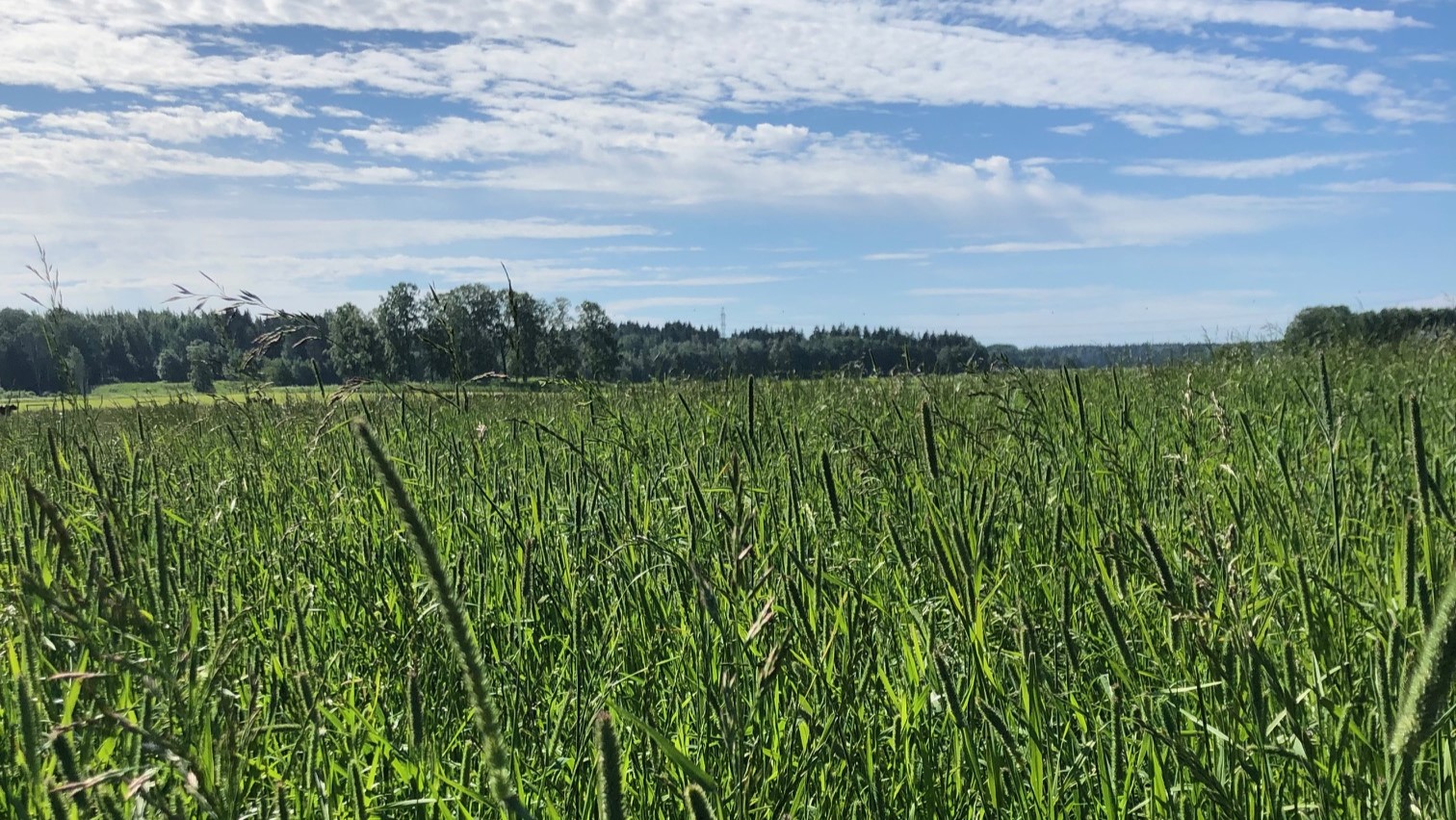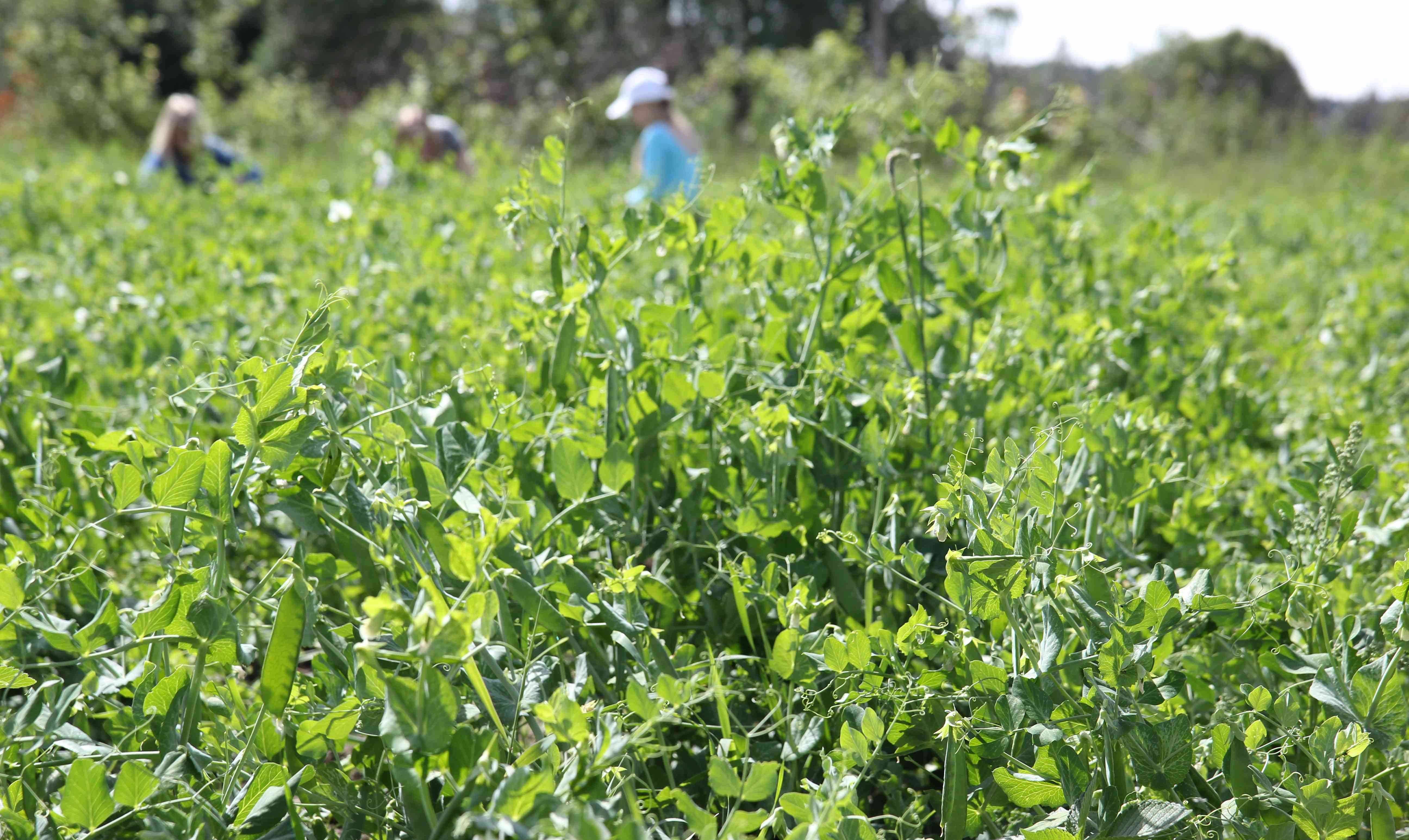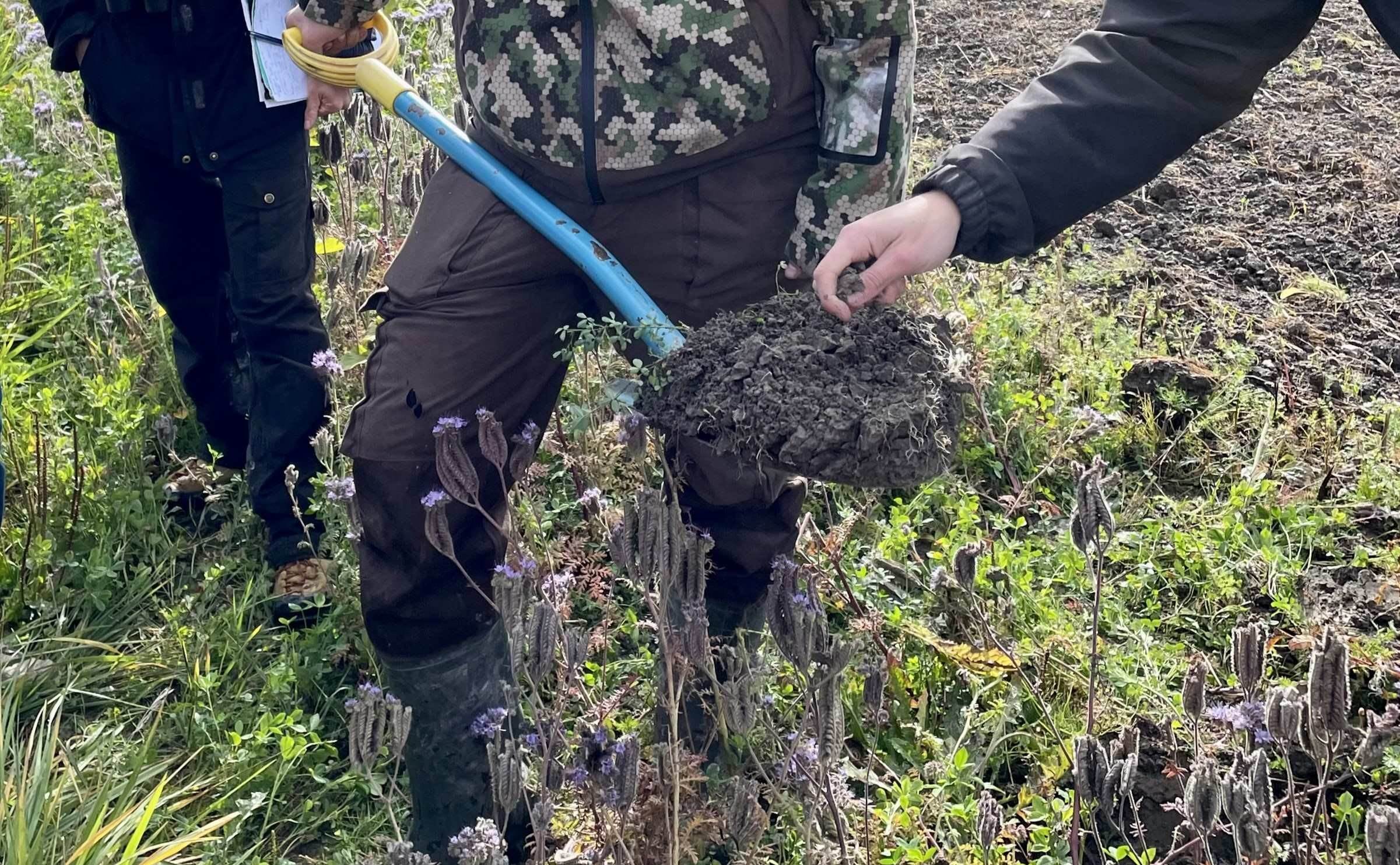Farm productivity, and thus also farm economy, can be positively influenced with a diverse crop rotation. The main benefits are improved soil condition, reduced pressure from pests, diseases and weeds, and improved resilience to various environmental stresses.

Monoculture, i.e., growing the same crop species on the same plot each year, can significantly reduce yields due to increased disease pressure. For spring-sown cereals, an annual yield reduction of 4% has been reported (Liu et al., 2016), for oilseed rape up to 25% (Peltonen-Sainio et al., 2007) when the crop is grown in consecutive years.
By varying the crops cultivated in the plots, the farmer can prevent the strengthening of diseases, pest and perennial weed populations, and reduce the potential yield losses caused by these. Adding dense and deep-rooted crops to the rotation improves soil fertility by modifying soil structure and increasing soil organic matter.
Soil structure and nutrient uptake
Cereal monocultures in particular deplete the soil in the long term, while grasses, on the other hand, enhance soil fertility. Oilseeds and legumes also have beneficial effects on soil attributes. Crops with a particularly deep root system include tall fescue, caraway, hairy vetch and red clover. Dense rooted crops include English ryegrass and meadow fescue.
Different plant species utilize nutrients from the soil in different ways. A diversified crop rotation allows a more comprehensive use of soil resources, and simultaneously prevents nutrient leaching from the field (Jalli et al. 2021). By adding legumes to the crop rotation, the need for nitrogen fertilizers can be reduced as a result of biological nitrogen fixation.

A diverse crop rotation and crop selection are also a risk management strategy for a farm. By cultivating a wide variety of crops, the farmer mitigates the risk of income loss due to low market prices or poor yields of a particular crop. In a changing climate and production environment, the importance of risk management has become more significant than before.
Verkatakkila farm’s crop rotation is dynamic
Verkatakkila farm in Vihti, Finland is a conventional crop farm run by Sirkku Puumalainen and Patrick Nyström which focuses on diverse crop rotations. Cereals, caraway, grass, and legumes are cultivated on the farm’s 200 hectares in diverse cycles of up to 7-8 years.
Flexibility for change is emphasized in crop rotations; planned crop selections are modified, if necessary, for example, in response to changing market prospects or the needs of the soil. Planning is plot-specific – the growth conditions of the fields are always at the center of attention, in line with the principles of regenerative farming.
”Well-being at work has improved as a result of the spread of work peaks, and job satisfaction has increased through learning and successes.”
The farm’s crop rotations were diversified five years earlier, when soil observation and learning from the soil became the focus of farm management. The farmer couple has found it particularly rewarding to be able to positively influence soil conditions and the productivity of the fields, through increased observation and informed crop choices.
